(February 19, 2023) “Mathematics,” they said, “is not for girls.” Proving the age-old idea wrong, Dr. Pavithra Prabhakar‘s research in the field of machine learning and artificial intelligence is helping the industry grow by leaps and bounds. Currently, the Peggy and Gary Edwards Chair in Engineering and Professor of computer science at Kansas State University, the scholar recently received the prestigious Amazon Research Award for designing a tool that highlights changes between different versions of machine learning software systems to minimise negative user experiences.
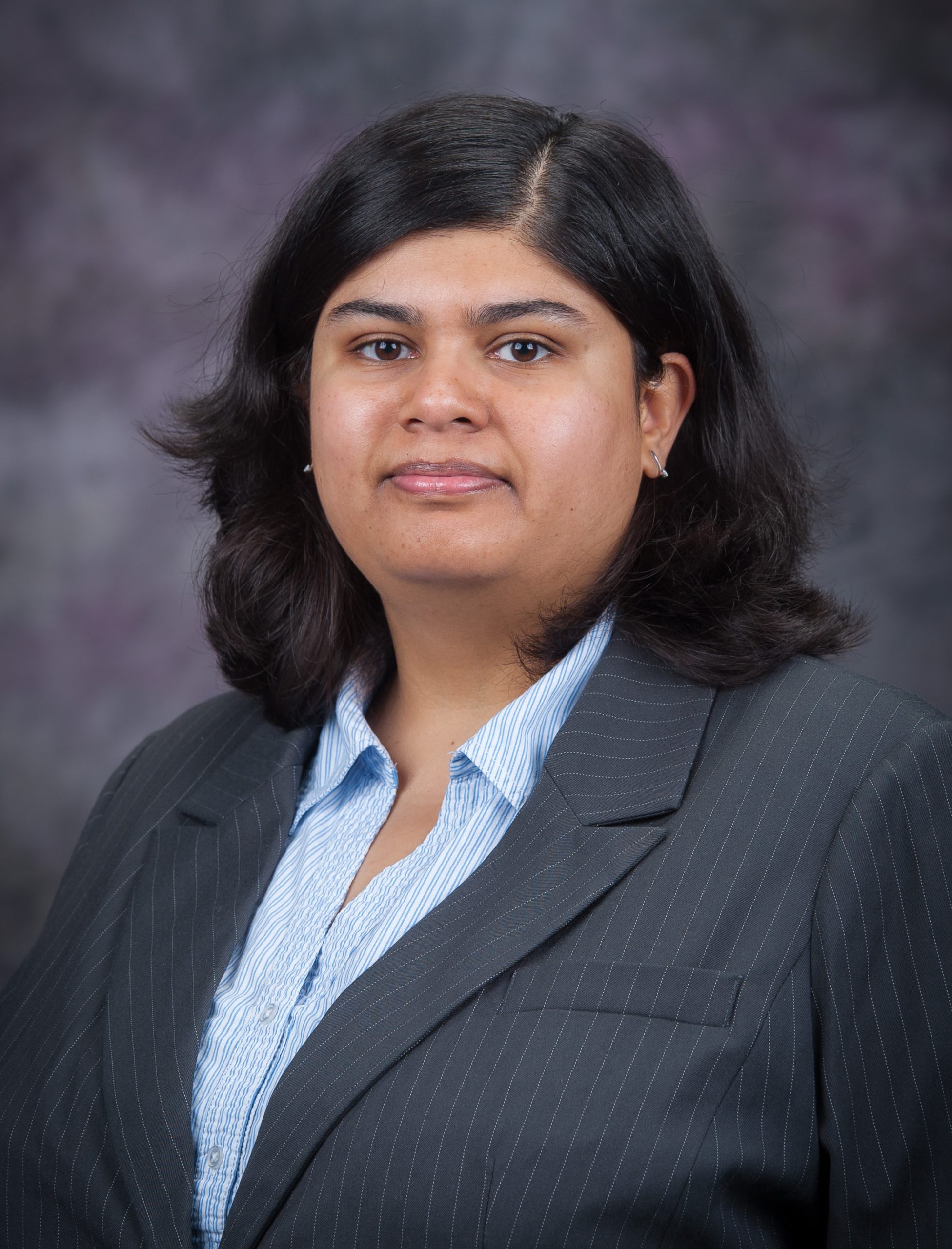
Dr. Prabhakar, who is also the Programme Director at the National Science Foundation, USA, was one of the 74 recipients of the awards from Amazon, which also includes an unrestricted gift, access to more than 300 Amazon public datasets, and Amazon Web Services’ artificial intelligence and machine learning services and tools. “The broad objective of the project is to automatically characterise how much two versions of machine learning-based systems are similar or different,” the scholar shared with Global Indian while speaking about her research, adding, “These systems are regularly retrained to achieve superior performance; however, this does not often translate to a better user experience. This can be mitigated by equipping the design team with an automated tool that could highlight where and by how much the systems changed between different versions, thereby aiding the team in making decisions regarding the acceptability of the changes from a user experience perspective.”
Dr. Prabhakar’s proposed research will build on foundational concepts from process algebra and control theory to define mathematical notions of distance between different versions of machine learning systems and develop algorithms for outputting the similarity and dissimilarity between them. This automated tool will benefit design teams in making critical decisions about improving the user experience of machine learning-based intelligent software systems.
A math genius
A small-town girl, Dr. Prabhakar was an ambitious kid armed with a brilliant mind. Born and brought up in Hassan, Karnataka, the scholar was a meticulous student who loved solving numerical problems. “I have always been interested in maths, right from my childhood. I liked solving puzzles and anything math-oriented. I was always curious and excited about solving problems. So when it was time to choose a career, engineering seemed like the area where my passion for math could be pursued,” the scholar shares, adding, “After finishing school, I moved to National Institute of Technology, Warangal, where I pursued a National Institute of Technology Bachelor’s in Computer Science.”
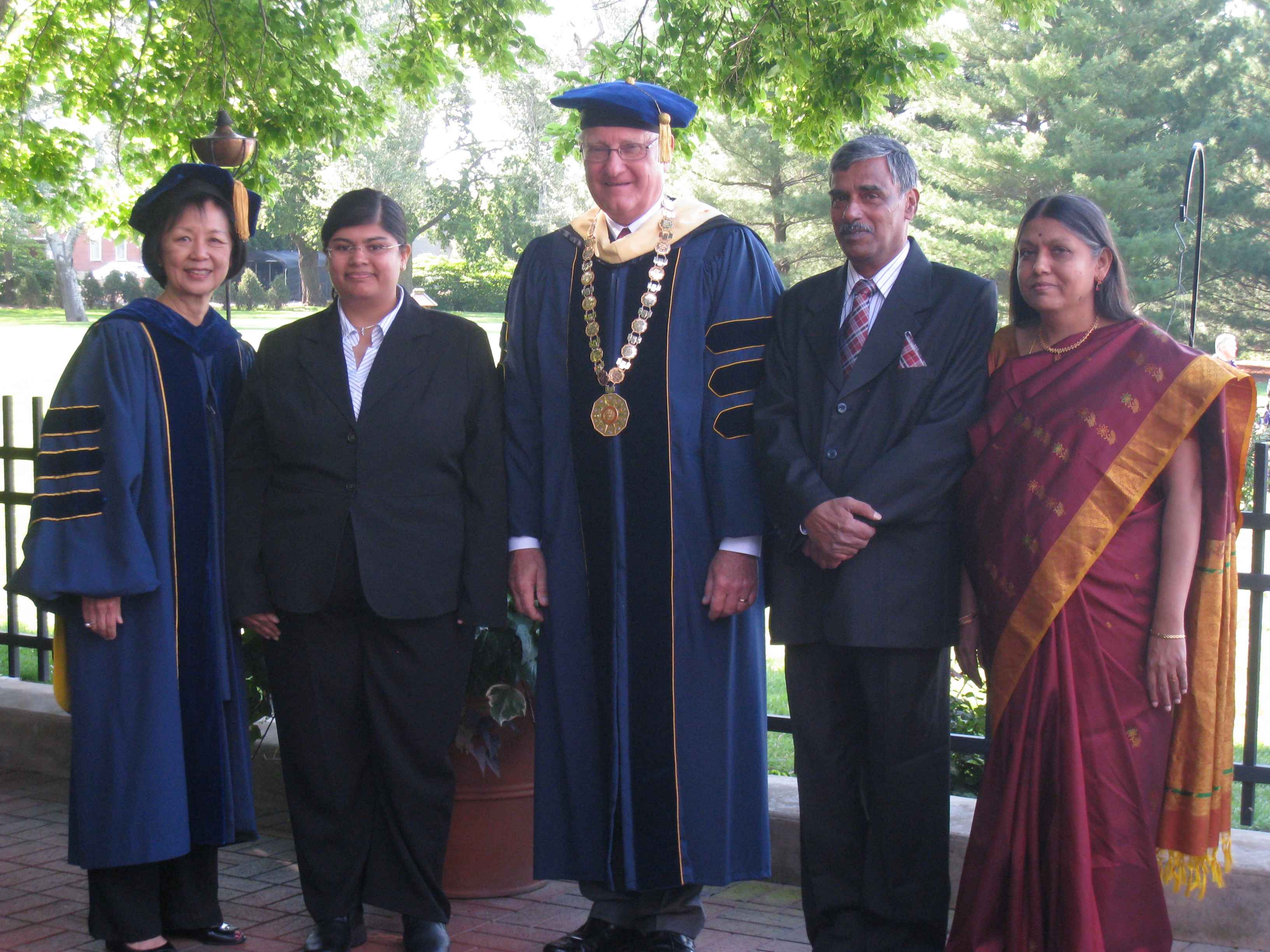
Dr Prabhakar (second from left) with her parents and professors during her Ph.D. graduation ceremony
Soon after finishing her graduation, and still hungry for more knowledge, Dr. Prabhakar joined the Indian Institute of Science in Bengaluru to pursue her master’s in applied mathematics. In 2006, the scholar decided to move to the University of Illinois Urbana-Champaign, USA for a Ph.D. in computer science. “I wanted to get more exposure, not just in the field of mathematics, but areas beyond that as well. So I decided to move to UIUC, which is one of the top schools for computer science,” she says.
Research and beyond…
Starting her journey from a small town, Dr. Prabhakar was now at one of the top universities in the USA – living her dream. Speaking about her initial experience in the US, the scholar reminiscences, “Honestly, academically speaking, IISc had a culture as UIUC in terms of being more flexible with their curriculum and facilitating more discussion-based lectures. So, that experience really helped me with absorbing some of the culture shocks when I landed in the USA. But, when you are in a different country, you have to deal with much more than just your academics. You have to find your own place to stay and arrange for everything including your food, clothes, etc. However, there are a lot of Indians who move here every year, so that was a great support system for me. Initially, my experience was a little bit daunting, but I think it didn’t take me long to integrate into the system.”
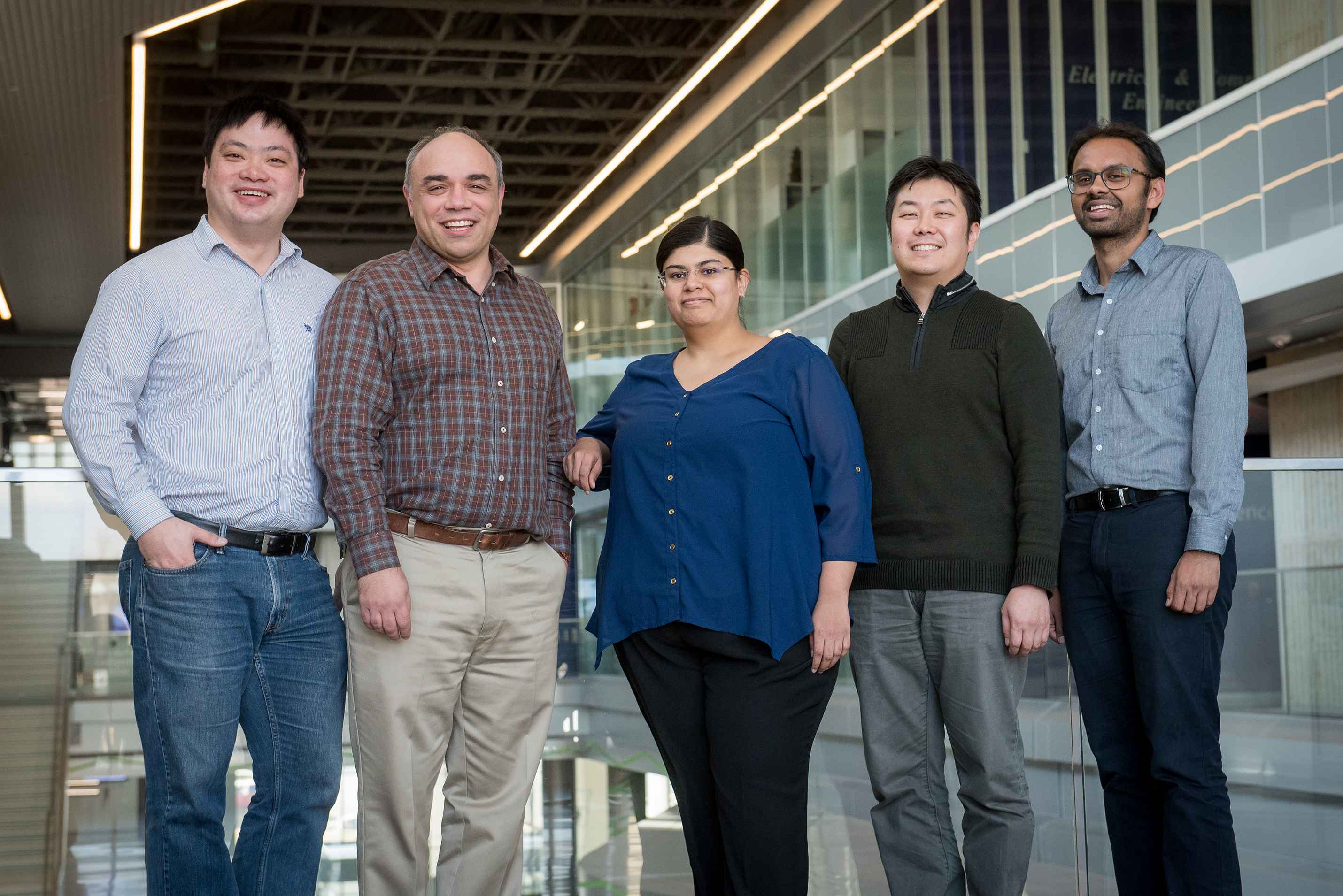
Dr Prabhakar with Keystone Research Scholars at Kansas State University
A driven individual, the scholar interned at Bell Labs, Murray Hill, while working on her doctorate, and followed that with a CMI postdoctoral fellowship for a year at the California Institute of Technology. “Apart from the research, I also wanted to explore the industrial aspect and learn how the work is done on-field. I think it’s very important to be in touch with the industry because you come to know about the real problems and can explore the practical solutions the industry can implement,” says the scholar. After completing her postdoctoral work, Dr. Prabhakar joined the IMDEA Software Institute in Spain as a tenure-track Assistant Research Professor and worked there for four years before joining Kansas State University as Assistant Professor in 2015.
Passing on the knowledge
Despite the industry experience, one wonders what motivated Dr. Prabhakar to return to academia? “Academic research is more foundational, and I have always enjoyed that,” shares the scholar, adding, “Academia is where you can do long-term research, which might not give you the returns immediately, but can help advance the knowledge and the field you work in. But that wasn’t my only reason. The prospect of passing on the knowledge I acquired over time to the upcoming generation of scholars has been quite lucrative as well. I have mentored the next generation of researchers and built the workforce to get into the industry.”
Over the last decade, Dr. Prabhakar has authored more than 50 articles in peer-reviewed conferences and journals. Her papers have been selected for a best paper honourable mention award from Hybrid Systems: Computation and Control, best papers of MEMOCODE, and invited papers at Allerton and American Control Conference. The scholar’s research has been recognized with several prestigious awards, including the Office of Naval Research Young Investigator Award, and the Marie Curie Career Integration Grant from the European Union. In 2020, Dr. Prabhakar was awarded $450,000 from the National Science Foundation to work on artificial intelligence-based controllers in the three-year project, ‘Scalable Formal Verification of ANN Controlled Cyber-Physical Systems’.
Speaking about the future of AI and machine learning, the scholar quips, “It’s not a new fact that AI and machine learning is the next big thing and is already making transformational changes in society. But, we also need to be cautious. We are now witnessing machine learning being applied to a lot of safety-critical applications, for example, autonomous driving or robotic surgery. So, I think it is imperative that we take a step back and make sure that the systems we are building are going to work correctly. And that is what my area of research is all about – making the emerging technologies safe for everyone to use.”

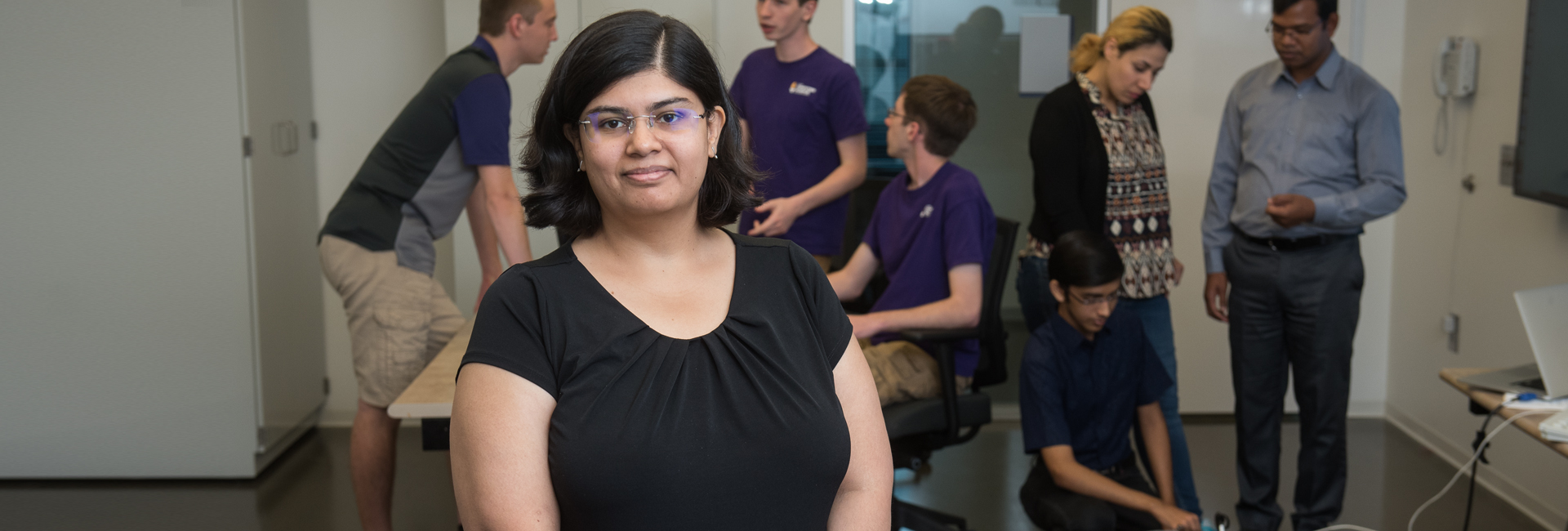

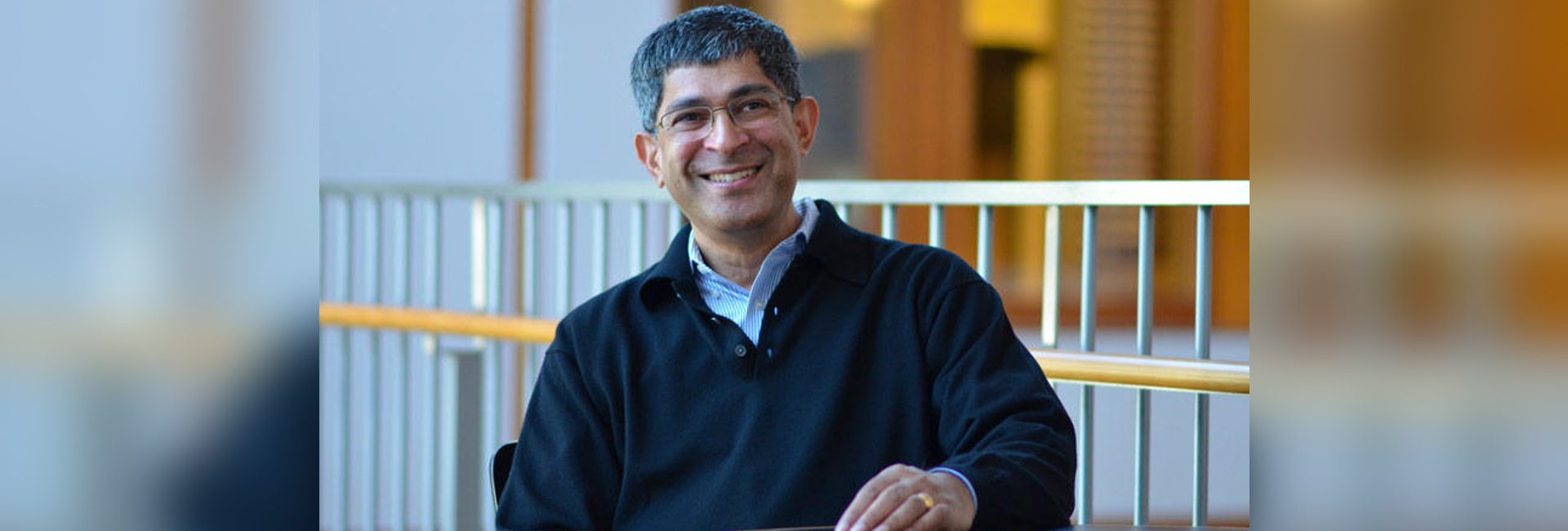
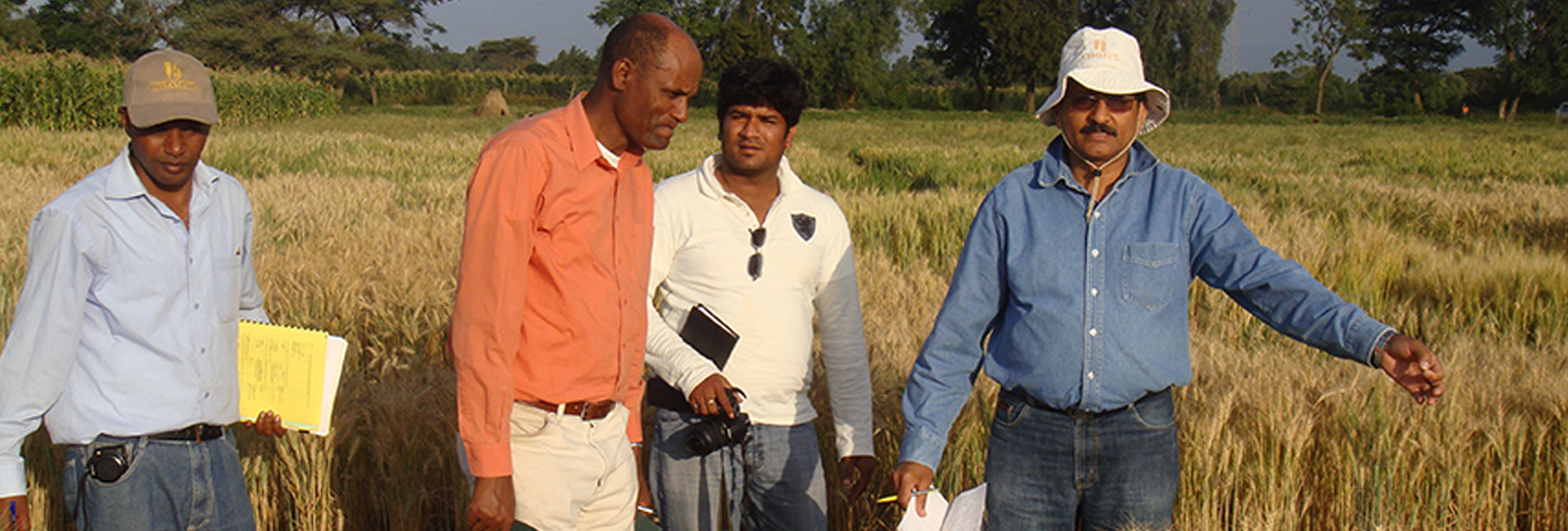
Congratulations Pavithra,
we are proud of your achievements! Your parents are your first Gurus and no doubt you will achieve more!!
Congratulations Dr. Pavitra, on your achievements. I am sure more achievements are on the way
Hearty Congratulations Pavithra. Very very happy and proud to know about your achievements. Wishing you many many more to laurels to come your way.
Blessings for a wonderful future.
Great achievement, keep going Dr Pavitra Prabhakar
It’s inspired many girls to read such articles, congratulations to you and your family
Congratulations, keep it up All the best in your future endeavours